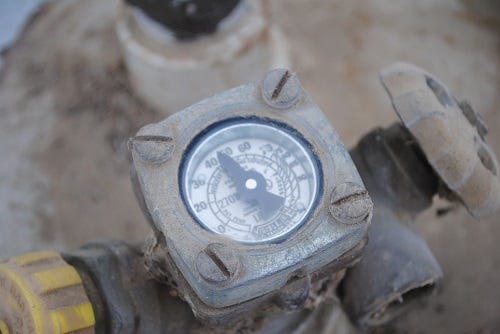
Around our place, we are pretty reliant on propane as a fuel source. We utilize propane for grain drying, as well as heating for our house and barns. With our stove also running on propane, even our evening supper depends on a good supply. We’re not alone. Over 865,000 farms and ranches rely on propane for at least some of their energy needs.

This winter has been taxing on all energy supplies, not just propane. You’ll read more details at Nebraska Farmer online and in a future print issue of the magazine about why there has been a propane shortage across the country this winter, even at a time when U.S. production is at historically high levels. Thankfully, propane prices have subsided considerably from extremely crazy highs just a couple of weeks ago, thanks to a bunch of mitigating actions taken to alleviate the crisis.
According to a January 30 statement from the Propane Education and Research Council, all hands have been called on deck to get propane where it is needed the most. Authorities have been asked to extend hours-of-service exemptions to allow propane haulers more latitude when trying to transport their loads to needy customers. Propane industry officials have even been working to have international supplies transported by ship to ports in the Northeast.
PERC is also calling for action to be taken to prevent such problems from coming up again. They say that measures should be taken to ensure that infrastructure is available to move propane from large storage facilities to areas of need. In their statement, the group also says that local storage capacity must be increased in the Northeast and Midwest where the need is the greatest. The group says that long-term supplies of propane look good, because it is a byproduct of the oil and booming natural gas industries. However, exports have increased exponentially over the past few years, draining supplies for domestic uses.
From an on-farm standpoint, what can we do to help ourselves if we rely on propane? PERC suggests some common sense measures, like calling suppliers to schedule delivery when their tanks fall below 35% full, allowing the supplier ample time to make the delivery before you run out of gas. Help suppliers make the most of their time on your place by clearing a path to your tanks from snow or brush. PERC also encourages wise energy use and conservation wherever possible. Here is this week’s discussion question. What energy sources do you utilize on your farm? You can share your thoughts here.
About the Author(s)
You May Also Like






